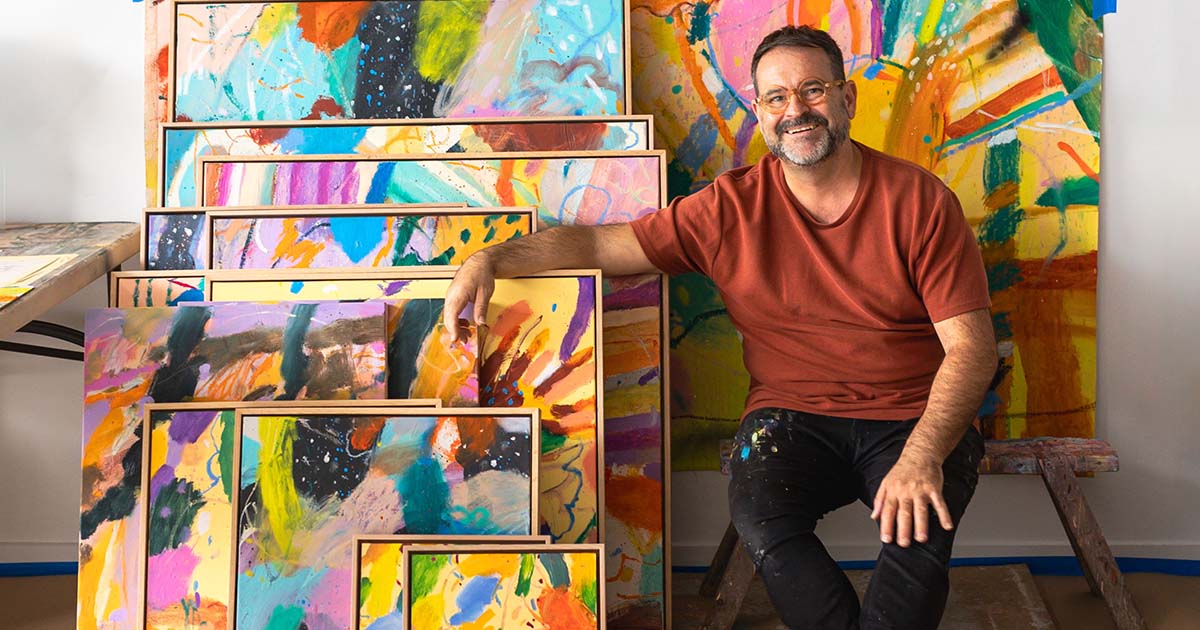The Royal Australian College of General Practitioners (RACGP) has today labelled a recent 100% exam pass rate for Aboriginal and Torres Strait Islander GPs in training as a phenomenal achievement.
It comes following the recent results of the College’s . The CCE is an exam designed to assess clinical competence and readiness for independent practice as a specialist GP. Candidates are presented with nine clinical cases – four case discussions and five clinical encounters. Four cases involve a candidate discussing a case with the examiner and five involve the candidate interacting with a role-player while the examiner observes and assesses.
The latest CCE exams show Aboriginal and Torres Strait Islander GPs in training are excelling, with 100% of self-identified candidates passing the exam.
RACGP Aboriginal and Torres Strait Islander Health Council Chair Dr Karen Nicholls welcomed the results.
“This is great news,” she said.
“The Clinical Competency Exam is the final exam on the pathway to Fellowship of the RACGP. Not only are Aboriginal and Torres Strait Islander GPs in training passing this exam, they are achieving very strong results. We took a close look at the exam results, , which found the majority of this cohort received higher band passes of P3 and P4. P1 is the first band above the pass mark, and P4 the highest band achievable, so it goes to show how well these GPs in training are doing. So, well done and congratulations on achieving Fellowship.”
RACGP Aboriginal and Torres Strait Islander Health Censor Dr Olivia O’Donoghue congratulated the GPs in training.
“As Censor of the faculty this warms my heart and soul to see more of my peers achieving success in these high stakes assessment and moving onto RACGP Fellowship,” she said.
“It is an honour to be able to support as many people as possible along the way in whatever capacity they need to have the optimal exam experience and enable their success. When I was appointed as the College’s first Aboriginal Censor in 2020, I to continue support for all GPs in training on their journey to Fellowship and of Aboriginal and Torres Strait Islander students choosing general practice. Since, 2017, the College has made various enhancements to supports for Aboriginal and Torres Strait Islander GPs in training. We have also collaborated closely with the to improve the assessment experience.
“The RACGP Aboriginal and Torres Strait Islander Health faculty and assessment team have improved the – ‘Learn to heal’ in Wurundjeri – a culturally appropriate AKT and KFP intensive, and there are policies and procedures supported by the faculty Censor to provide additional advocacy and support through training and assessments. Moving towards training and workforce equity for Aboriginal and Torres Strait Islander GPs is a priority for the RACGP and a key performance indicator for our training program.”
Dr O’Donoghue said that she was keenly focussed on boosting Aboriginal and Torres Strait Islander GP numbers.
“We are making progress, but there is a lot more work to be done,” she said.
“Numbers of self-identified Aboriginal and Torres Strait Islander trainees have been steadily increasing. The RACGP currently has 60 GPs in training and 124 Fellows. The aim is for greater than 3% representation across training and for Fellows.
“I am excited by this pattern in the data as it will help reshape the narrative that the Fellowship exams are insurmountable the first time around. Our Aboriginal and Torres Strait Islander trainees can, and do, succeed in their first attempts and often with brilliant results. I want to acknowledge the resilience shown by our doctors who may not be successful for various reasons in picking themselves back up, having another attempt and striving until they achieve success.
“This is a testament to the strength, culture and endurance of Aboriginal and Torres Strait Islander peoples.”
A separate RACGP analysis of all three Fellowship exams – the CCE, Applied Knowledge Test (AKT) and Key Feature Problem (KFP) – shows that since 2018, success in these assessments for Aboriginal and Torres Strait Islander GPs in training have markedly improved. Pass rates across all exams have increased from 46% in 2017 to 75% in 2022.
~







